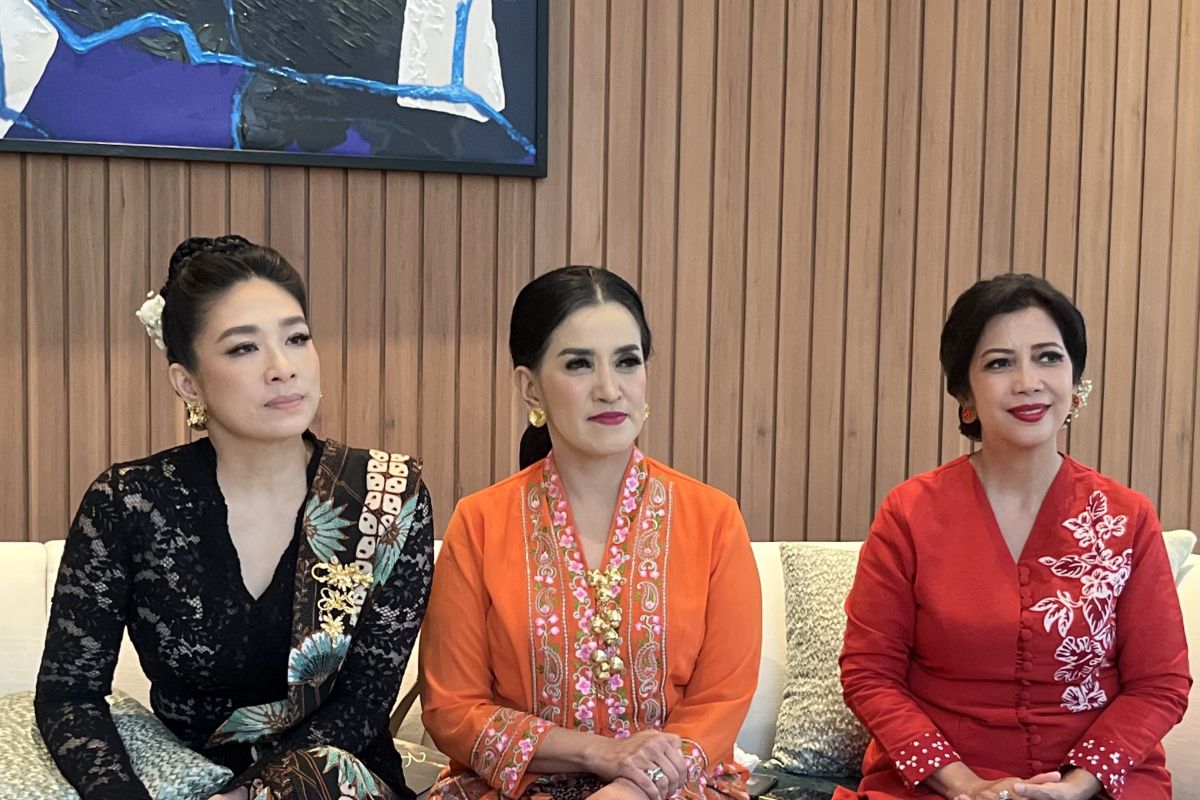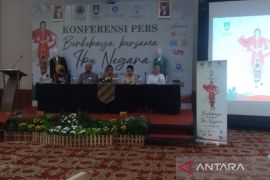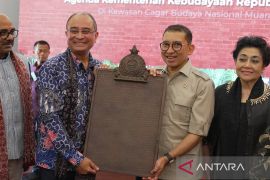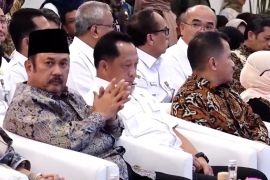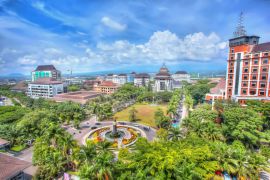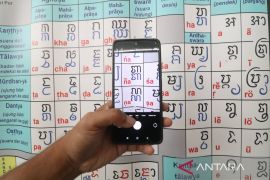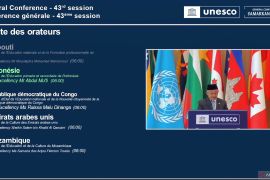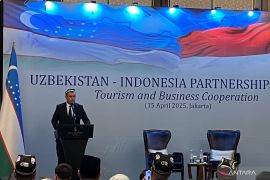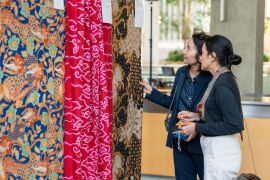During a media gathering here on Saturday, the team's chair, Lana T. Koentjoro, stated that the initiative to seek UNESCO recognition for the kebaya was originated from the community.
The initiative has received government support, with the relevant ministry, in this case, the former Ministry of Education, Culture, Research, and Technology, issuing a letter of recommendation.
"(Nomination) submissions to UNESCO must come from the community, not directly from the government. The community is the one who encourages the government to take further steps," Koentjoro added.
The national kebaya team has several primary agendas, including proposing the establishment of National Kebaya Day, submitting the kebaya to UNESCO for recognition, preserving the kebaya as a cultural heritage, and promoting it internationally through cultural diplomacy.
The next step after the establishment of National Kebaya Day, Koentjoro informed, will be to await UNESCO's decision on recognizing the kebaya as an intangible cultural heritage.
The decision is scheduled to be announced on December 2, 2024, in Paraguay.
To promote the kebaya within society, the national kebaya team has held several major events, such as the Nusantara Kebaya Parade in various regions, including Solo of Central Java, Kalimantan, and North Sumatra.
In the parades, the community's enthusiasm was quite high, with thousands of participants wearing kebayas.
Additionally, the team is collaborating with young designers to create modern kebayas that maintain traditional values to attract the younger generation.
The national kebaya team is also documenting the history and development of the kebaya through literacy and publications, and books.
Related news: RI to propose Reog, kolintang, kebaya as UNESCO cultural heritages
Translator: Putri H, Kenzu
Editor: Bayu Prasetyo
Copyright © ANTARA 2024
